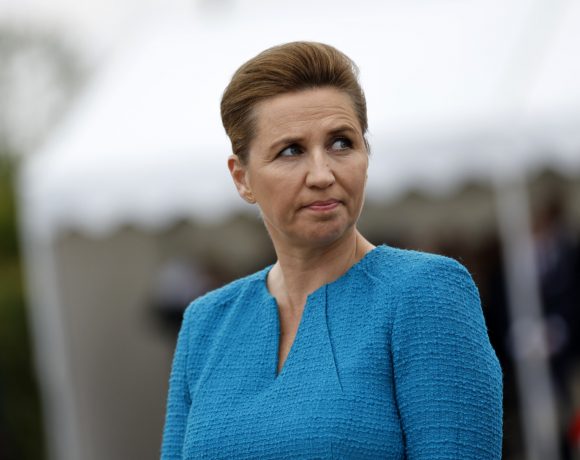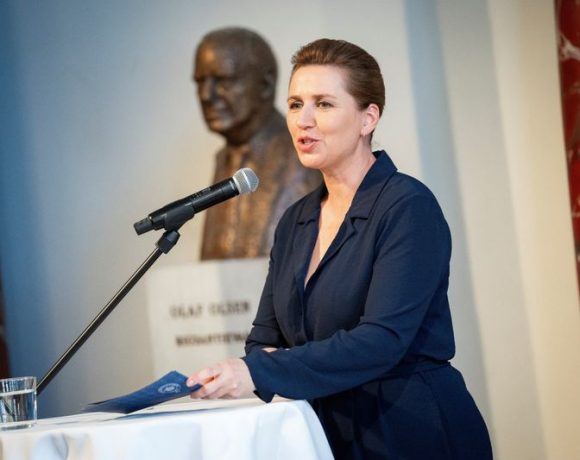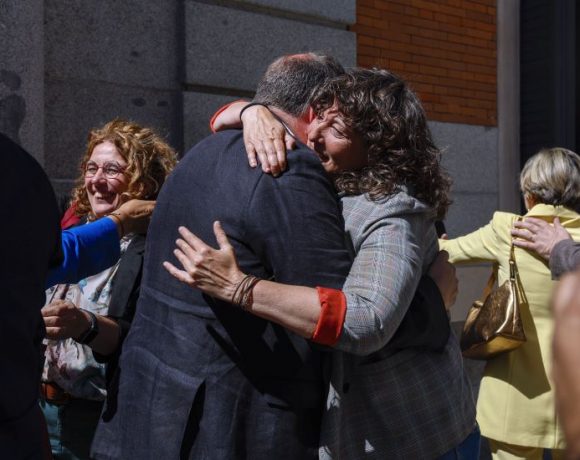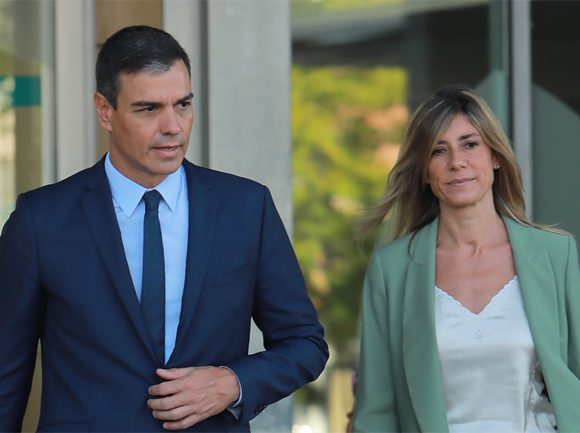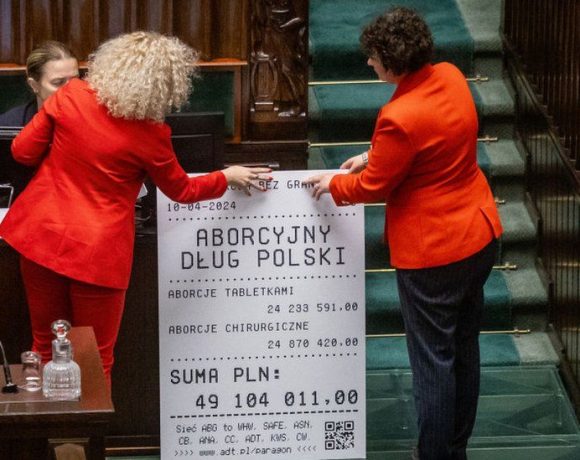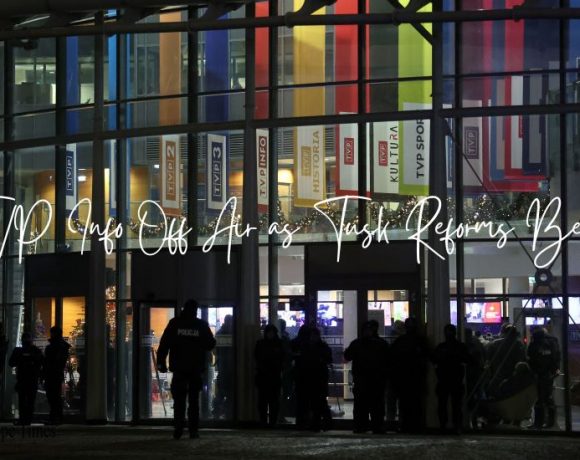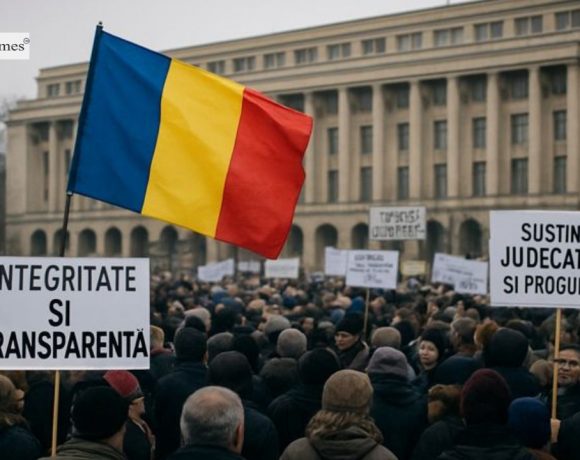
Romania’s coalition government on Monday survived a no-confidence vote in parliament over its economic policies and reform agenda, marking the sixth such challenge it has overcome in just six months. The motions were largely driven by public opposition to tax increases and spending cuts aimed at narrowing the European Union’s largest budget deficit and protecting Romania’s investment-grade credit rating.
Despite remaining in power, internal divisions within the four-party coalition were once again exposed. The leftist Social Democrats, the largest coalition partner, backed the government in the confidence vote but joined the hard-right opposition in a separate, non-binding motion against Environment Minister Diana Buzoianu. The Social Democrats have also warned they could leave the coalition unless Prime Minister Ilie Bolojan agrees to raise the minimum wage next year, while demanding Buzoianu’s dismissal over a recent water supply crisis.
The government is simultaneously pushing ahead with controversial judicial pension reforms, including plans to raise the retirement age for judges and prosecutors and cap pensions. After an earlier version of the bill was struck down, the Constitutional Court is set to rule again on December 28. Failure to pass the reform could further strain the fragile coalition and jeopardise access to key EU recovery funds, as protests continue over alleged dysfunction within Romania’s justice system.
Pic courtesy: google/ images are subject to copyright

